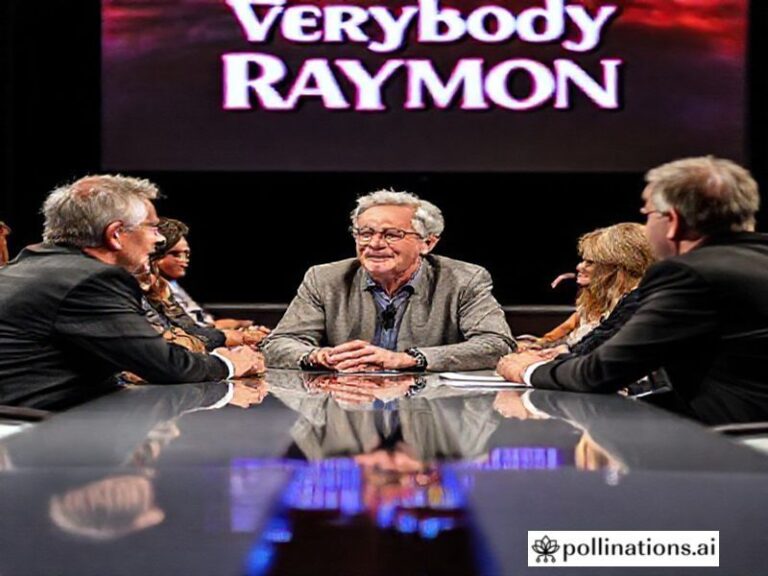Crash Diplomacy: How Car Accident Attorneys Became the World’s Newest Export
From the Autobahn to the Amazon: The Rise of the Car Accident Attorney as a Global Export
By Dave’s Locker International Desk
Somewhere between the mangled chrome of a São Paulo rush-hour pile-up and the polite exchange of insurance papers on a snowy Kyoto bridge, a new kind of diplomat has emerged: the car accident attorney. Once a strictly municipal creature, confined to local courthouses and the fluorescent gloom of insurance adjusters’ offices, this legal subspecies has quietly gone multinational. Today, whether you’re sideswiped by a tuk-tuk in Bangkok or T-boned by a Tesla in Turin, there is a reasonably well-dressed lawyer who will parachute in—metaphorically, unless you’ve really upgraded your roadside assistance—to monetize your misfortune with PowerPoint precision.
Globalization has gifted us many wonders: 24-hour ramen delivery, dating apps that connect you to someone 6,000 miles away who also swipes right on existential dread, and, of course, the harmonized misery of traffic. With 1.35 million road fatalities annually (World Health Organization, ever the life of the party), vehicular mayhem is the rare export that every country produces and every country imports. Enter the transnational accident attorney, fluent not merely in comparative negligence but in frequent-flyer miles. They are the Sherpas of sorrow, guiding dazed tourists and shell-shocked locals alike through the labyrinth of medical liens, currency conversion tables, and the subtle regional differences between “I’m sorry” (Canada) and “This is extortion” (Russia).
Consider the curious case of the Franco-German fender-bender. A French wine exporter rear-ends a German sausage magnate on the A7. Within minutes, two smartphones ping: one to Paris, the other to Frankfurt. By the time the gendarmerie finish their cigarettes, both parties have counsel on retainer, each promising to “maximize recovery” while slyly Googling the other’s net worth. Six months later, the settlement is denominated in both euros and barrels of pinot noir, and somewhere a Geneva arbitrator wonders if this is what the Treaty of Rome had in mind.
The profession’s international expansion owes much to the humble PDF. Cross-border litigation is now as simple as attaching a scanned femur X-ray to an email titled “URGENT – Bangkok Client – Thoracic Contusion – Will Pay in USD.” The attorney on the receiving end doesn’t even need to leave his WeWork in Lisbon; he simply partners with a local “fixer” who knows which hospital clerk will accept a Starbucks gift card in exchange for faster records. The client, meanwhile, posts Instagram stories from a Phuket recovery villa, tagging #blessed between morphine naps.
Naturally, the ethical compass spins wildly depending on longitude. In the United States, billboards promise “ONE CALL, THAT’S ALL” next to a photo of a lawyer who looks suspiciously like a game-show host. In Japan, the same service is offered with the reverence of a tea ceremony: a bow, a hushed intake form, and a modest invoice you feel guilty about paying. In Nigeria, the retainer fee might be a goat—surprisingly effective collateral, given inflation.
The implications ripple outward like oil on wet asphalt. Insurance conglomerates now employ predictive models that factor in local corruption indices and the average bribe-to-verdict ratio. Rental-car companies in Costa Rica slip arbitration clauses written in six-point font across three languages. And somewhere in Silicon Valley, a start-up is beta-testing an AI attorney that can file a Moldovan whiplash claim before the airbag deflates. Series B funding is, of course, led by SoftBank.
Yet beneath the cynicism lies an oddly leveling truth: whether you drive on the left in London or the wrong side of the road in Rome, the aftermath of a crash feels universally undignified. The neck brace is one-size-fits-all; the panic attack translates without subtitles. In that moment, the car accident attorney becomes the closest thing we have to a secular priest—absolving guilt, allocating blame, and extracting tithes in 30 percent increments.
So the next time you hear the sickening crunch of polycarbonate on a foreign boulevard, take comfort in the knowledge that a small army of multilingual litigators is already sharpening its retainers. They are the first responders of the new world disorder, armed with contracts instead of compassion, fluent in both trauma and tax law. And if you’re lucky, they’ll accept payment in airline miles.
Just try not to bleed on the paperwork. It’s a nightmare to apostille.







